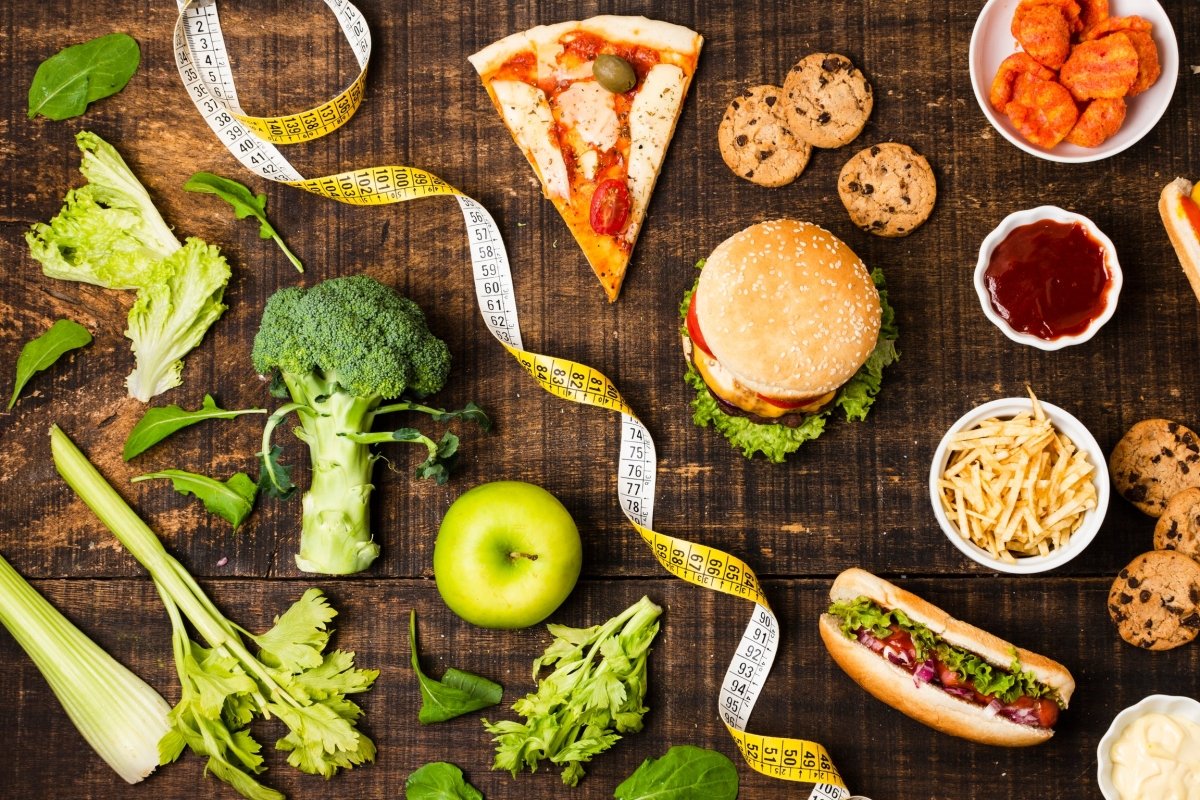Transitioning to a diet with fewer processed foods can lead to improved health and well-being. Embracing whole, natural ingredients allows for a more nutritious and satisfying diet. Here’s a guide on what to eat to minimize processed food intake and enjoy a healthier lifestyle.
Focus on Whole Foods
Whole foods are the cornerstone of a diet free from processed ingredients. These foods are as close to their natural state as possible, providing essential nutrients without additives.
- Fruits and Vegetables: Aim to fill half the plate with a variety of colorful fruits and vegetables. They are rich in vitamins, minerals, and antioxidants. Options like leafy greens, berries, and cruciferous vegetables are particularly nutrient-dense.
- Whole Grains: Replace refined grains with whole grains such as brown rice, quinoa, oats, and whole wheat products. Whole grains offer more fiber, which aids digestion and provides sustained energy.
- Lean Proteins: Incorporate lean proteins like chicken, turkey, fish, beans, and legumes. These options are crucial for muscle repair and growth while being lower in saturated fats compared to processed meats.
Embrace Healthy Fats
Healthy fats are vital for brain function and overall health. Choosing the right sources can enhance meals and provide satisfaction.
- Avocados: Rich in monounsaturated fats, avocados can be added to salads, sandwiches, or enjoyed on their own.
- Nuts and Seeds: Almonds, walnuts, chia seeds, and flaxseeds are excellent sources of healthy fats and can be sprinkled over dishes or eaten as snacks.
- Olive Oil: Use extra virgin olive oil for cooking and dressings. It’s a heart-healthy option that adds flavor to any dish.
Choose Fresh and Natural Ingredients
Opting for fresh and natural ingredients means avoiding preservatives and artificial additives.
- Herbs and Spices: Use fresh herbs like basil, cilantro, and parsley to season dishes naturally. Spices like turmeric, cinnamon, and cumin can add depth and flavor without needing processed seasonings.
- Fresh Meat and Fish: Choose fresh cuts from the butcher or fishmonger rather than pre-packaged options. This ensures the absence of added sodium or preservatives.
- Dairy Alternatives: If avoiding heavily processed dairy, try alternatives like nut milk or yogurt, ensuring they are unsweetened and free from unnecessary additives.
Smart Snacking Choices
Snacking can often lead to consuming processed foods, but there are plenty of healthier options available.
- Fresh Fruit: Nature’s perfect snack, fruits like apples, bananas, and oranges are portable and satisfying.
- Vegetable Sticks: Carrot, celery, or cucumber sticks paired with hummus make for a crunchy and nutritious snack.
- Plain Popcorn: When air-popped, popcorn is a whole grain snack that can be a great alternative to chips. Season with herbs instead of salt.
Incorporate Plant-Based Meals
Increasing the number of plant-based meals can reduce processed food consumption and introduce a variety of nutrients.
- Vegetable Stir-fry: Use fresh vegetables and tofu, seasoned with garlic and ginger, for a quick and healthy meal.
- Legume Salads: Create hearty salads with chickpeas, black beans, or lentils, adding fresh veggies and a squeeze of lemon.
- Grain Bowls: Combine cooked quinoa or brown rice with roasted vegetables and a sprinkle of seeds for a balanced meal.
Hydrate Smartly
Beverages can be a significant source of processed sugars and additives. Choose these options for healthier hydration:
- Water: Make water the primary drink throughout the day. Infuse with fruits or herbs for a refreshing twist.
- Herbal Teas: Enjoy a variety of herbal teas without added sugars or artificial flavors.
- Smoothies: Blend fresh fruits and vegetables into smoothies, avoiding processed juices or sweeteners.
Cooking at Home
Cooking at home allows complete control over ingredients and preparation methods, reducing reliance on processed foods.
- Meal Planning: Plan meals for the week to ensure a diverse and balanced diet, avoiding the temptation of convenience foods.
- Batch Cooking: Prepare larger quantities of meals and freeze portions for future use, making it easier to avoid processed options on busy days.
- Explore Recipes: Discover new recipes that focus on whole, natural ingredients to keep meals exciting and varied.
Conclusion
Avoiding processed foods involves embracing whole, natural ingredients and making thoughtful choices. By focusing on fruits, vegetables, whole grains, lean proteins, and healthy fats, anyone can create a balanced and nutritious diet. Cooking at home and choosing fresh options ensures meals are free from unnecessary additives.
This approach not only improves physical health but also brings a deeper appreciation for the flavors and nourishment that real food provides. Enjoy the journey towards a healthier lifestyle and savor the satisfaction of eating well.

